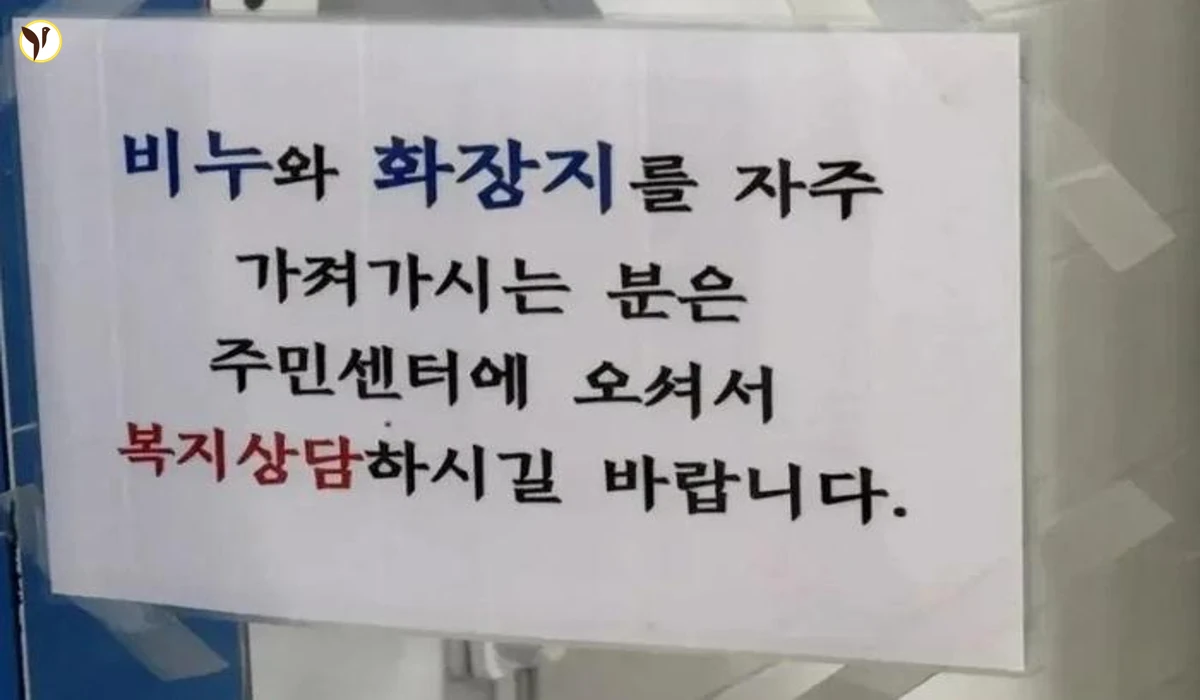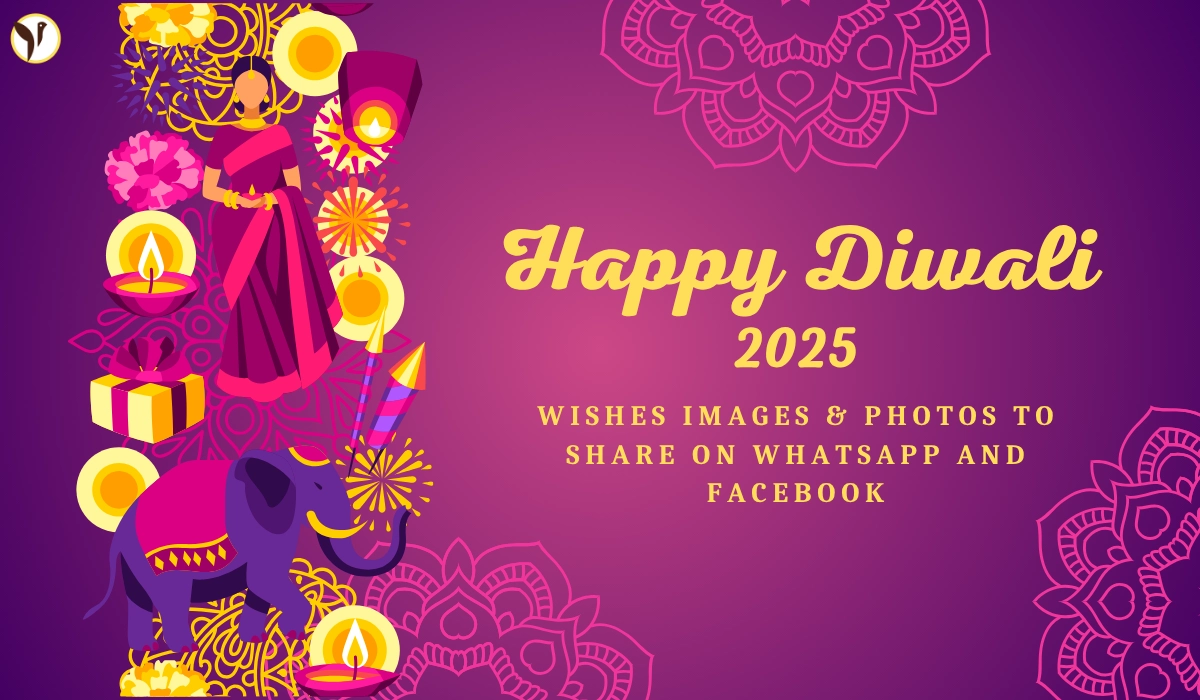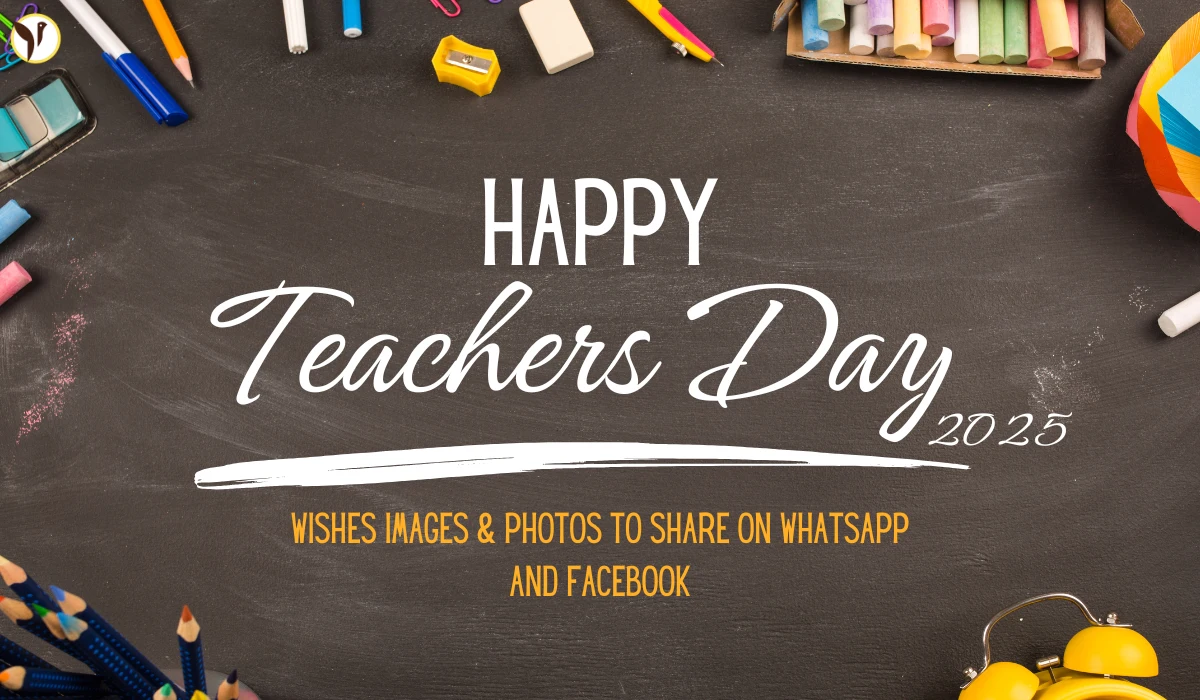The Great Toilet Paper Debate: Is the End Nigh?
Remember the early days of the COVID-19 pandemic? Empty shelves, frantic shoppers, fistfights over the last pack of double-ply… It was the toilet paper apocalypse, and honestly, it felt surreal. We all went a little crazy, convinced the world was ending due to a toilet paper shortage, when really, we could have found other ways to manage our business, right? Water, cloth... many people around the world do it every day. It's just not a part of our cultural norms. But now, it seems we're facing another toilet paper turning point - one that could be far more significant.
The Environmental Cost of a Clean Bottom
We all love our soft, fluffy toilet paper. But the truth is, it comes at a cost. The production of toilet paper requires vast amounts of trees, gallons of water, and a hefty dose of chemicals. In North America and Europe, we use a shocking amount of it. I mean, seriously, 15-25 kilos per person per year? That’s a lot of trees! This isn't just about deforestation either; the chemical processes involved are polluting our waterways. And the rise in popularity of scented and heavily processed toilet paper only makes things worse. This huge ecological footprint is something we need to start seriously considering.
Enter the "Bum Gun": A New Bathroom Essential?
Across much of Asia, a different approach to bathroom hygiene is the norm. The “bum gun,” (yes, that's what it's called!), a small handheld bidet, is becoming increasingly popular. It’s a simple, affordable device that uses significantly less water and eliminates the need for paper altogether. I know it might sound strange if you've never used one, but after traveling in Asia, honestly, I’m a convert! It's far more hygienic and so much more environmentally friendly.
- Water efficient: Uses far less water than toilet paper production.
- Eco-friendly: Significantly reduces deforestation and pollution.
- Affordable: Can be installed at very low cost.
A Global Shift in Bathroom Habits?
The shift toward more sustainable bathroom practices isn't limited to Asia. The European Union has already begun regulating products linked to deforestation, which will directly impact the toilet paper industry. There have even been protests in the European Parliament using eco-friendly messages instead of rolls of toilet paper. In the US, while toilet paper is still king, younger generations are showing a growing interest in bidets and other sustainable alternatives. Major brands are starting to take notice as well – more and more bidets are appearing in product catalogues.
The Cultural Hurdle
The biggest challenge to widespread adoption of alternatives isn't technological; it's cultural. Toilet paper is deeply ingrained in our habits. Changing those deeply ingrained habits will take time, education, and a lot of normalization – just like with the rise in popularity of menstrual cups. But the potential benefits for the environment are enormous. Could a cleaner bottom truly be the start of an ecological revolution? It's a thought, isn't it?
The future of Toilet Paper - A Necessary Discussion
The toilet paper debate isn't just about personal preference; it’s about sustainability and our responsibility to the planet. Whether it’s the bum gun, a traditional bidet, or a move towards more sustainably sourced toilet paper, change is needed. Let’s start the conversation and ensure we have both clean bottoms and a clean environment for generations to come.









